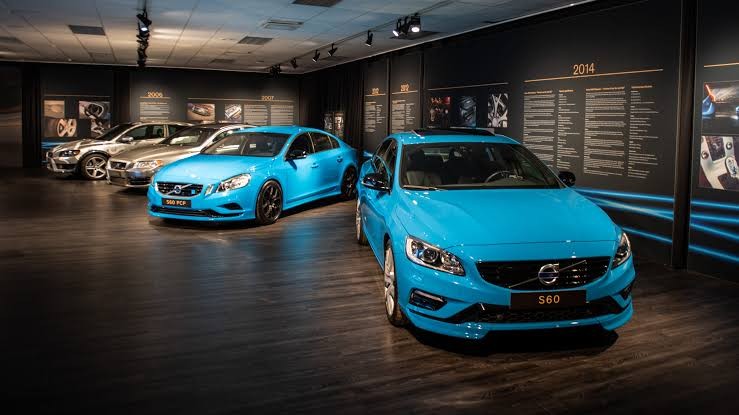Volvo has officially announced that it will stop producing diesel engines for its passenger cars by early 2024. The Swedish automaker, which has been a pioneer in diesel technology for decades, is now fully committed to its electrification strategy and aims to sell only electric vehicles by 2030.
Volvo's decision to end diesel production is not surprising, given the declining demand for diesel cars in Europe and other markets. According to Reuters, diesel cars accounted for more than half of Volvo's sales in Europe in 2019, but only 8.9 percent in 2022. Diesel cars have also faced increasing regulatory pressure and environmental scrutiny, especially after the Volkswagen emissions scandal in 2015.
Volvo has already stopped developing new internal combustion engines since last year and sold its stake in Aurobay, a joint venture company that held its remaining combustion-engine assets. Volvo's CEO Jim Rowan said that the company is no longer spending any money on R&D for combustion engines and that electric powertrains are superior to diesel engines in terms of noise, vibration, servicing costs, and emissions.
What Volvo is doing to achieve its EV goals
Volvo has been one of the most ambitious automakers in terms of electrification, as it plans to become a fully electric car company by 2030 and a carbon-neutral company by 2040. Volvo has already electrified all of its new models since 2019, offering hybrid, plug-in hybrid, and battery-electric options. Volvo's first dedicated EV, the XC40 Recharge, was launched in 2020 and was followed by the C40 Recharge this year. Volvo also has two more EVs in the pipeline: the EX30 compact SUV and the EX90 flagship SUV, which are expected to debut later this year.
Volvo is also investing heavily in battery technology and charging infrastructure to support its EV transition. Volvo has partnered with GM to use its Ultium battery platform for some of its future EVs, such as the EX30 and the EX90. Volvo has also joined forces with Northvolt, a Swedish battery manufacturer, to build a gigafactory in Europe and develop its own battery cells. Moreover, Volvo has teamed up with ChargePoint, one of the largest charging networks in the world, to provide its customers with access to more than 115,000 charging points across North America.
How Volvo's customers and fans will react to the diesel phase-out
Volvo's move to end diesel production will likely have mixed reactions from its customers and fans, especially those who have been loyal to the brand's diesel heritage. Some may feel nostalgic or disappointed by the loss of a long-standing tradition, while others may embrace the change and look forward to the benefits of electrification. Volvo has assured its customers that it will continue to service and support its existing diesel cars for as long as they are on the road.
Volvo's diesel phase-out is a bold and decisive step towards its vision of a sustainable future. By focusing on electric vehicles, Volvo hopes to deliver on its promise of providing safe, premium, and environmentally friendly cars that meet the needs and expectations of its customers. As Rowan said: "We're fully focused on creating a broad portfolio of premium, fully electric cars that deliver on everything our customers expect from a Volvo—and are a key part of our response to climate change."

Comments (0)
Please login to join the discussion
Be the first to comment on this article!
Share your thoughts and start the discussion